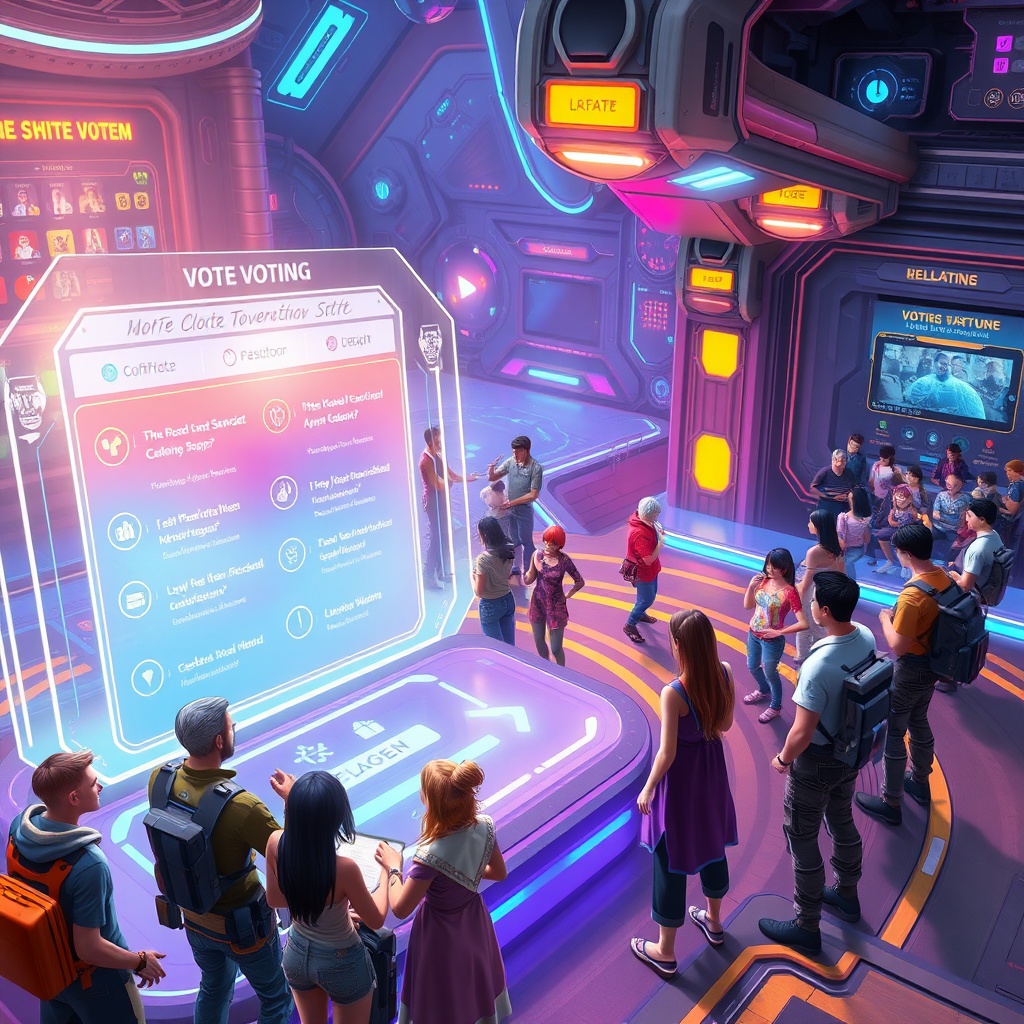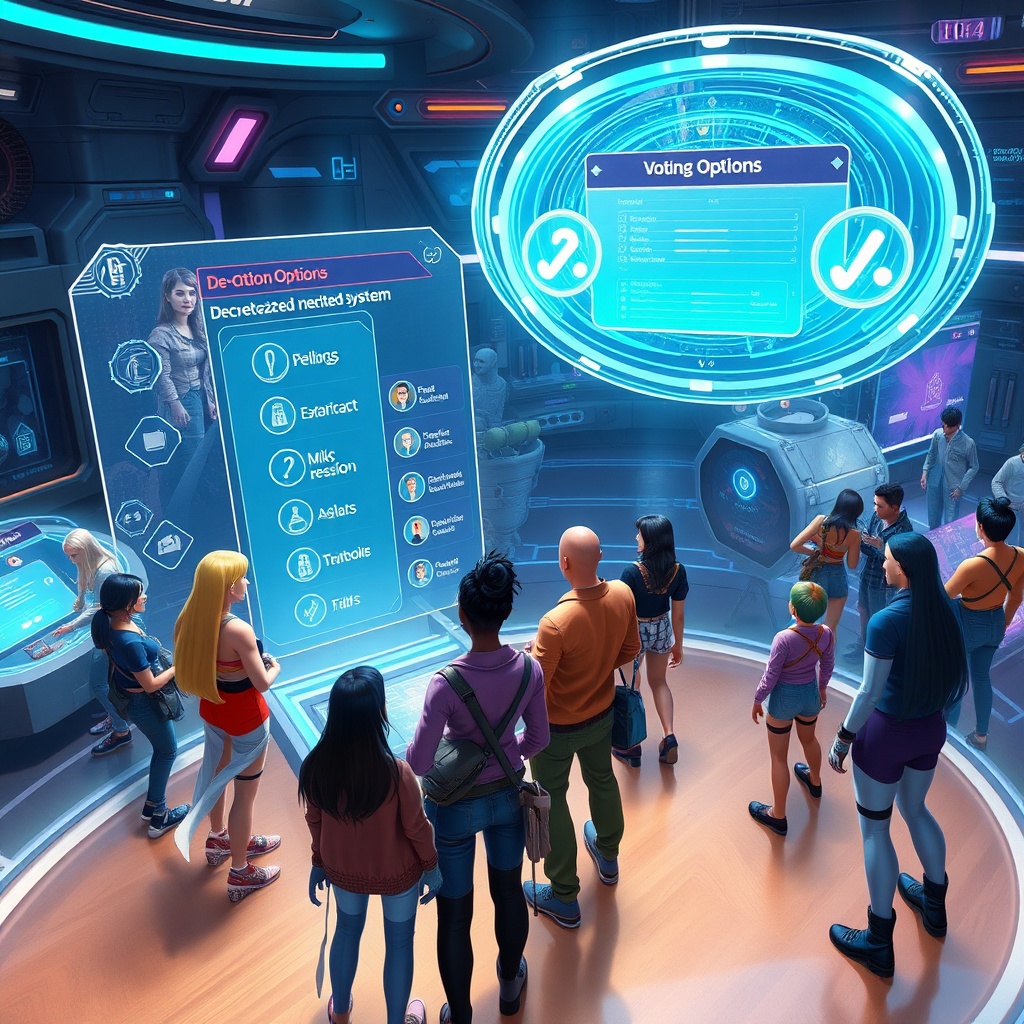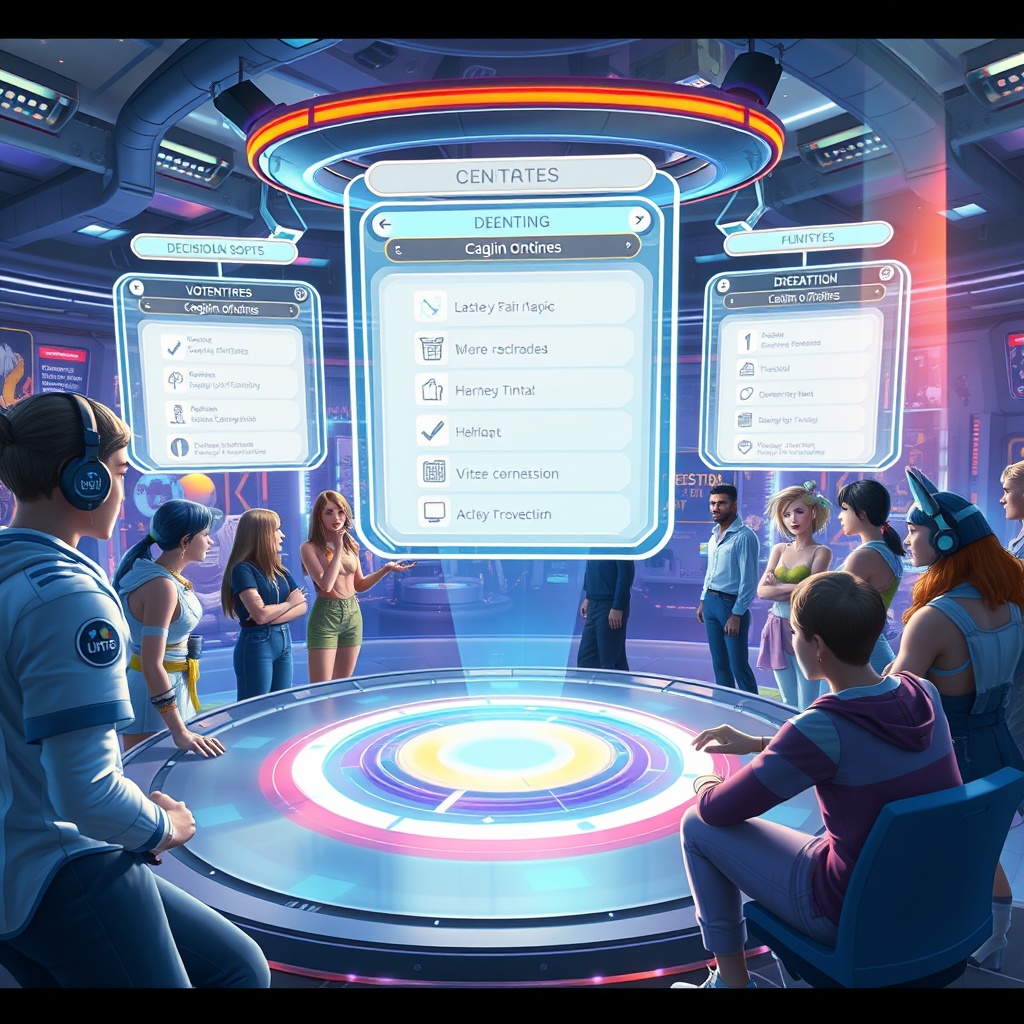The gaming industry is undergoing a profound transformation as decentralized systems emerge as a viable solution for managing in-game voting and decision-making processes. As players seek more engagement and a voice in their gaming experiences, these systems offer an innovative approach to collaboration and governance within virtual worlds. In this article, we will explore the mechanics of decentralized voting systems, their benefits, and their potential impact on the gaming landscape.
Empowering Players with Transparent Governance

Decentralized systems leverage blockchain technology to create a transparent and immutable record of votes and decisions. This empowers players by ensuring that their voices are heard and that the outcomes of decisions are verifiable. Unlike traditional systems where a central authority may manipulate results, decentralized voting fosters trust and accountability among players. As a result, players feel more invested in the game, leading to higher retention rates and more vibrant communities.
Comparative Analysis of Centralized vs. Decentralized Voting Systems

To understand the advantages of decentralized systems, it is essential to compare them with traditional centralized voting methods. Below is a brief overview of the key differences:
- Transparency: Decentralized systems provide a clear audit trail, while centralized systems often operate behind closed doors.
- Security: Blockchain technology ensures that votes cannot be tampered with, whereas centralized databases are vulnerable to hacking.
- Player Control: In decentralized systems, players have a direct say in governance, leading to a more democratic environment compared to centralized systems where a few individuals make decisions.
Future Prospects: A New Era of Game Development
The future of game development could be significantly shaped by the adoption of decentralized voting and decision-making systems. Game developers who harness the power of these technologies can create more engaging and participatory experiences for their players. By prioritizing player autonomy and transparency, developers not only enhance gameplay but also build stronger communities rooted in shared values. As we move forward, it will be fascinating to see how these systems evolve and redefine the relationship between players and developers.





